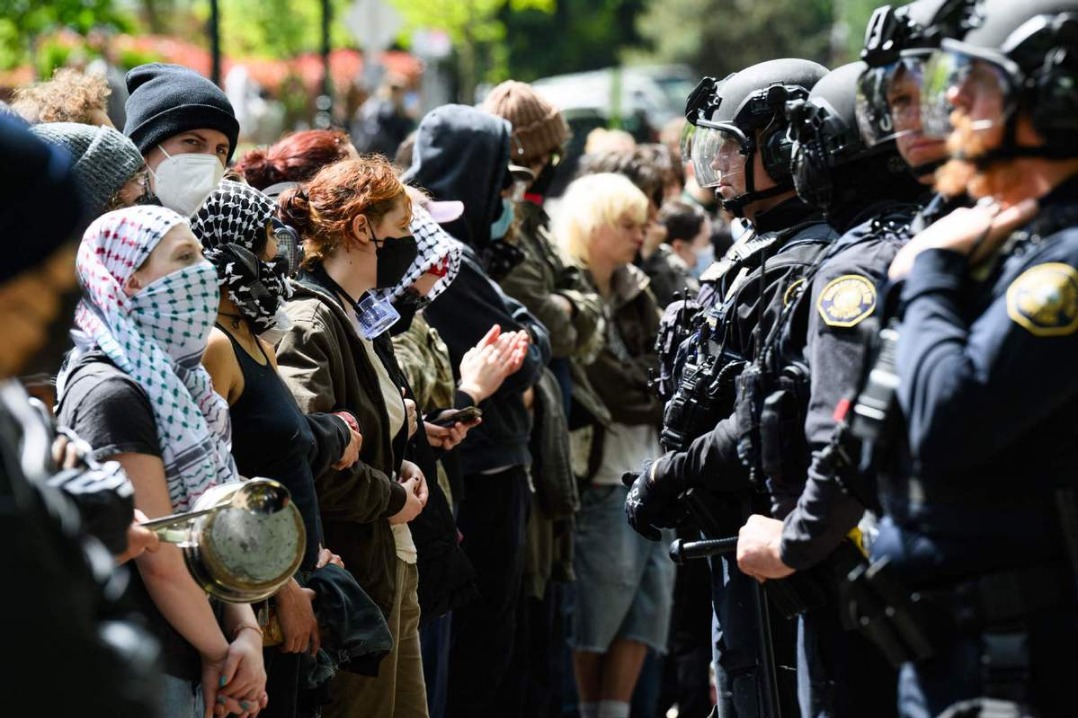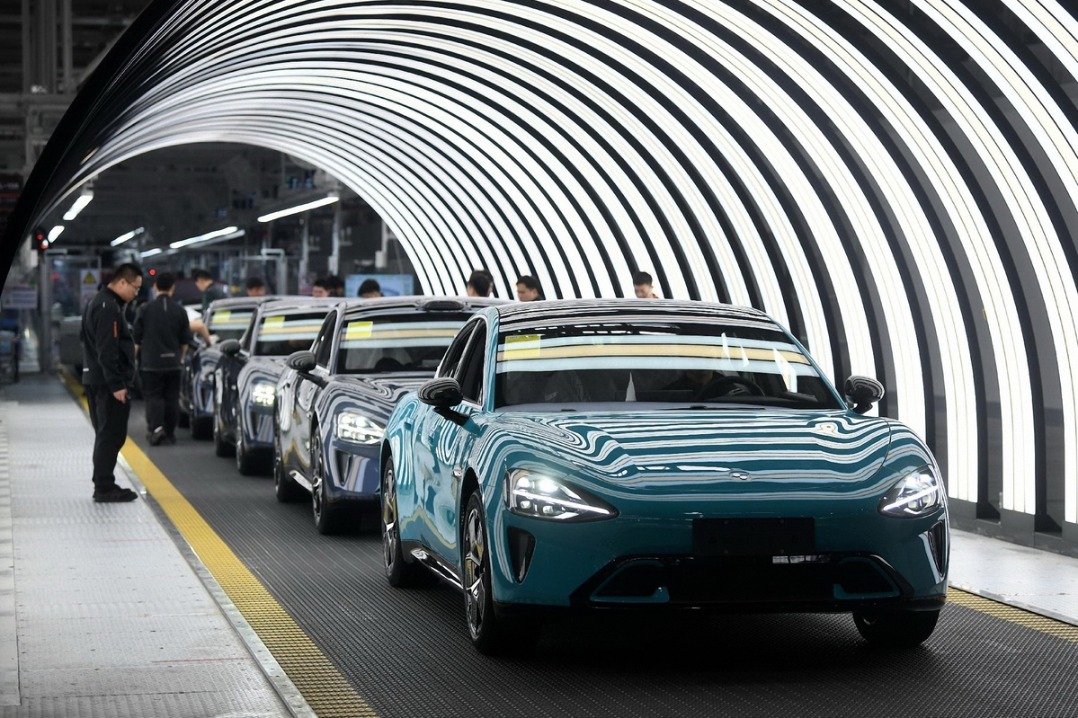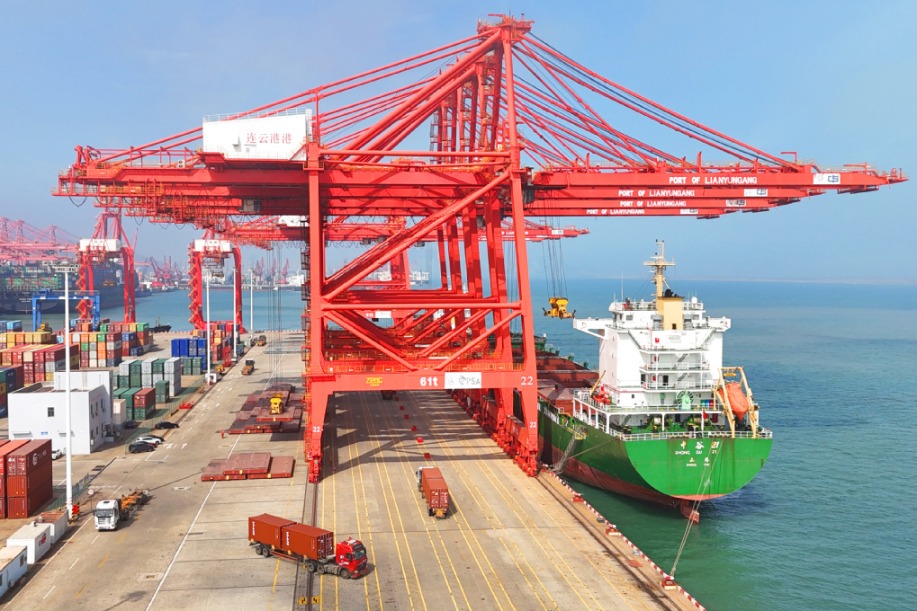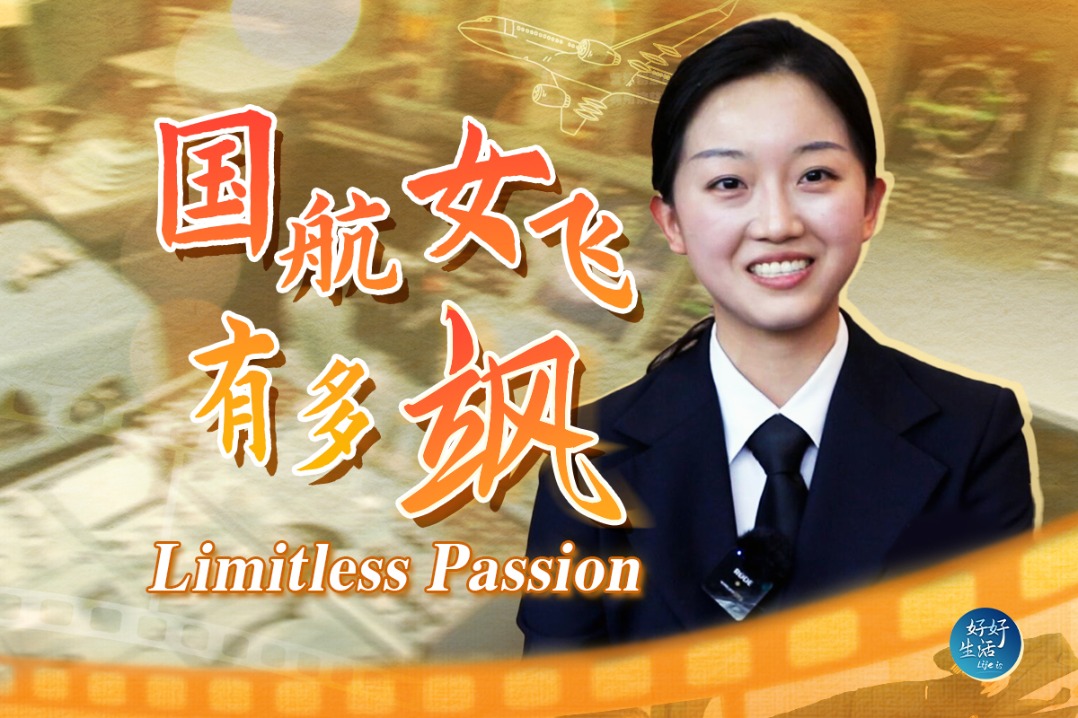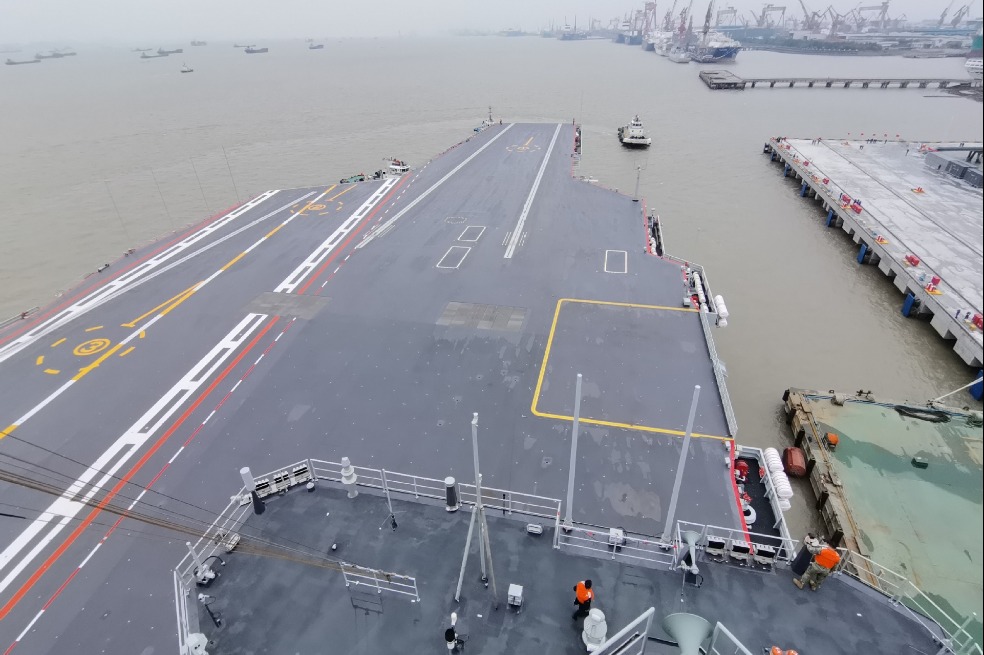Change more than cosmetic in Shenzhen
By Chai Hua in Shenzhen | China Daily | Updated: 2019-11-21 09:32

From digital devices to cosmetics
The new approach was initially applied only to the first floor of the building, but it succeeded in attracting so many new tenants that almost the entire marketplace has now shifted to dealing in cosmetics.
Some vendors have set their sights on the most sought-after products, including affordable and brand names, while others concentrate on one segment, such as cotton pads, or products imported from a particular country such as Japan.
The beauty products have found their way to more than a dozen provincial-level regions across the China. Ming Tong says it aims to become the largest collection and distribution center for cosmetics in the country.
The market's delivery system and cross-border trading experience, accumulated from its decades of trading in electronic gadgets, have fueled the success of the transformation.
Several other prominent markets in Shenzhen, such as Manhar Digital Plaza and Yuanwang Digital Mall, have also entered the fray, with advertisements for cosmetics tenants adorning their buildings in place of banners for electronics shopping malls.
Shop rents at Ming Tong have gone up to about 600 yuan ($85) per square meter a month, while those at other markets that have jumped on the bandwagon still stand at about 400 to 500 yuan per square meter.
Former electronics vendors have changed their store names and products, determined not to miss the boat. "I could sell hundreds of boxes (of cosmetics products) every day now," said a vendor surnamed Zheng, who used to sell electronics components at Ming Tong complex, but switched to cosmetics last year.
She has an ace up her sleeve - low prices that are half of those charged by official stores on the mainland, online or offline. A facial mask from Japan, for instance, goes for about 140 yuan on Alibaba's Tmall, but it costs about 80 yuan at Ming Tong - almost the same as in Hong Kong.
"Our products are imported directly from our exclusive suppliers overseas," said Zheng. Her clients are mostly small retailers in third - and fourth-tier cities or online sellers.
Some former electronics sellers have adopted a more conservative approach. A vendor, Xu Zhi, said he could no longer survive focusing on just one sector, so he decided to take on cosmetics as well as electronic devices.
Some customers may question if a computer dealer is able to deal in cosmetics, but Xu said it isn't a problem. "I have my connections after eight years of trading in the market," he said.
His approach is simple. He began offering cosmetics items on his personal WeChat account in addition to digital products, and opened an online cosmetics retail store.
The business model is the same. The quoted prices are relatively transparent although they do fluctuate, and buyers need to pay an extra percentage according to the purchase volume. After receiving an order, his supplier at Ming Tong sends the products directly to his clients.
But, there's still a group of sellers who are sticking to the traditional business. Deng Lipeng, a computer shop owner at SEG Electronics Market, said that, as far as he knows, no shop there has switched to the cosmetics business yet.
But, he said people would trade in whatever they deem to be the most profitable. He tried his luck in cryptocurrency mining machines two years ago, but decided it wasn't for him.
Vendors on Huaqiang North Street are seen as being agile and sensitive to market trends. The cosmetics trade is booming in China, while the handset business has cooled.
According to data from market research firm Canalys, the Chinese mainland's smartphone market contracted by 3 percent in the third quarter of this year compared to a year ago.
In comparison, according to the latest figures from the National Development and Reform Commission, total retail sales of all cosmetics products in China reached 215 billion yuan in the first nine months of this year - up a whopping 12.8 percent from a year ago, the second-fastest speed of growth among all products in the country. At the same time, China imported $6.6 billion worth of cosmetics products - up almost 40 percent.
Huaqiang North Street has also attracted a cluster of comprehensive shopping malls to its fold during its spectacular shift, with their cosmetics departments posting an upsurge in business.





